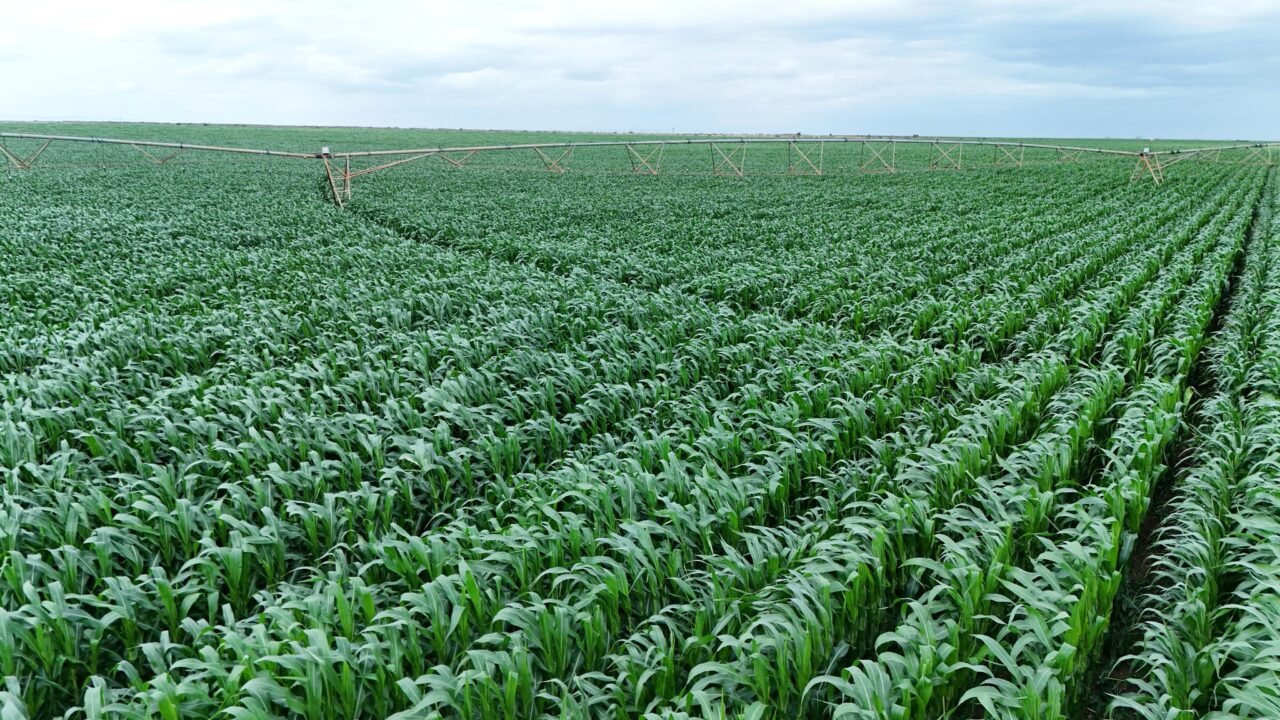Goverment seals Sh12.5B deal to boost maize production at Galana-Kulalu
By Sandra Neddy
Once dismissed by critics as a white elephant, the Galana-Kulalu irrigation project is getting a fresh lease of life. Years of stalled progress and public skepticism are giving way to renewed optimism after the government sealed a public–private partnership (PPP) deal with Selu Limited.
Founded by former Twiga Foods CEO Peter Njonjo, the firm will inject Sh12.5 billion into reviving the long-dormant scheme. Under the agreement, the company has leased 20,000 acres to roll out large-scale irrigation, aiming to boost national food production while easing the government’s financial burden.
According to principal secretaries Eng. Ephantus Kimotho (Irrigation) and Dr Chris Kiptoo (National Treasury & Economic Planning), the initiative will significantly enhance food production in the country and boost farmers’ incomes.
“The estimate is that if you put all these 20,000 acres under maize, every year they will be producing 70 bags per acre, which translates to about 1.4 million bags per year,” said Dr. Kiptoo when they toured the site to assess the progress.
“If you sell at the current market price of Sh4,000, that translates to Sh5.6 billion per year. “Clearly, that is a good income, and this is a PPP project,” he added.
According to Dr Kiptoo, the project highlights the government’s efforts to deliver development projects under tight fiscal conditions. “We are encouraging more PPP, especially for commercially viable projects, and this is a good example of one,” he said.
Kiptoo added that utilising the available 1.5 million acres would improve food security, cut imports, save foreign exchange, and raise farmer incomes. Kiptoo further said that a Sh35 billion Galana Dam project is in the pipeline, with a contractor already identified.
“We at the National Treasury are working with the Ministry of Water and are making arrangements to ensure that the project starts as soon as possible,” he said. “Once the Sh35 billion water project is in place, it will generate a sufficient amount of water to attract more investors and encourage other government agencies to invest in this region. “This is really the way to go,” added Dr Kiptoo.
On his part, Irrigation PS Eng. Ephantus Kimotho said that the multi-agency team undertaking the project is working around the clock to attract more investors. Building a road infrastructure, including a bridge and a power plant, is being done by a Korean firm under Selu Limited.
“This is a multi-agency project. There is a bridge being constructed by the Kenya Rural Roads Authority, and it’s going on well; it will help us move goods. It is very challenging to move goods at the moment because we have to go all the way to Baricho bridge, which is 7 kilometres from here,” he stated.
The korean firm is set to install a 2.5-megawatt solar pumping system to replace the digital-powered system.
The Galana-Kulalu project, which was officially launched in 2014, aimed at irrigating over 200,000 acres of land. However, the project was halted due to funding constraints. This partnership is expected to fast-track its implementation and reduce the financial burden on taxpayers.
If successful, the initiative could mark a turning point in Kenya’s fight against food insecurity, demonstrating how strategic public-private partnerships can unlock the potential of underutilized agricultural land.



